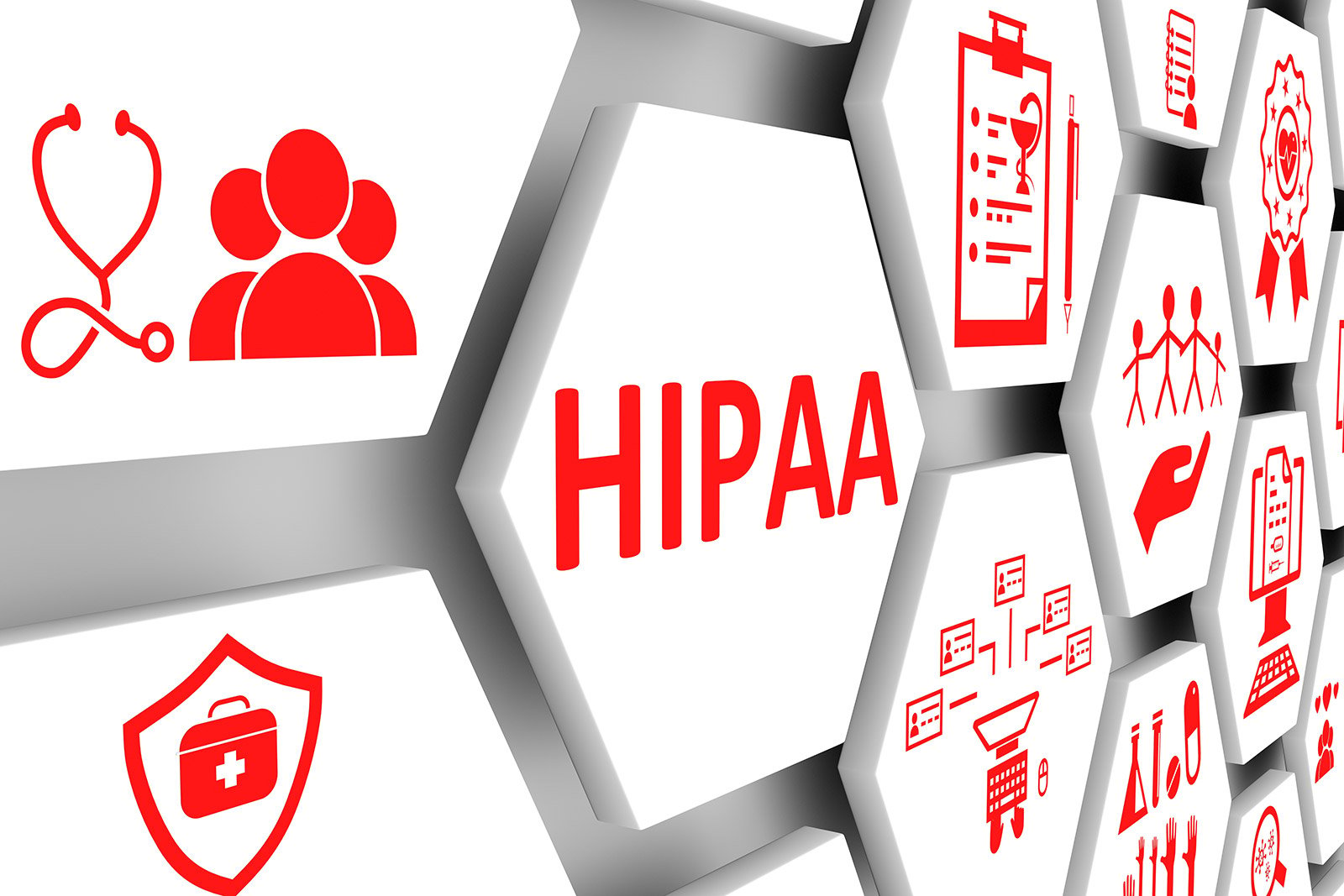How to Maintain HIPAA Compliance

You know the importance of staying compliant with HIPAA regulations—and the risks if you don’t. Not adhering to the HIPAA Privacy Rule, the HIPAA Security Rule, the Transactions Rule, the Identifiers Rule, the Enforcement Rule, and other rules and amendments can bring on fines, lawsuits, a breach of patient trust, reputational damage and more.
One of the best ways to ensure compliance is by taking a regular “risk analysis” of the systems, equipment, software, and other technology to assess any vulnerabilities. This helps catch any issues that fall through the cracks, and is critical since the most common breach of HIPAA compliance is foregoing this risk analysis or assessment.
When it comes to keeping your healthcare facility compliant, you’ll want to focus on the first two HIPAA rules since those are the most important and far-reaching. Yet staying on top of the paperwork is not always simple.
Let's look at the specifics.
Keeping Compliant with the HIPAA Privacy Rule
This rule helps to secure protected health information (PHI) from unauthorized access and use. In order to attain HIPAA compliance in the realm of privacy, there are a number of steps you can take:
- Assess Your Current Privacy Policy: Is it clear and understandable to your patients? Do they know why you’re collecting their information and how you’re planning to use it?
- Implement Regular HIPAA Compliance Training: Are your employees up to speed on the latest regulations governing PHI management? Do they know not to discuss PHI in public, or post it online without permission? Are they aware of the “minimum necessary” rule that means only disclosing what is needed?
- Designate a Privacy Officer/s: This person or group will ensure HIPAA Privacy Rule compliance throughout your organization.
- Check Patient Records for Permissions: Have all of your patients signed your privacy policy document and given you the permission to store, process, and use their information?
- Review Patient Request Protocol: Make sure that if a patient wants to know who has viewed their health information and when, you’re prepared to answer those questions, and that you can hide their records from view or delete them from your database if they request those actions.
- Ensure Partner Contracts for HIPAA-compliant Practices: Do your contracts with other companies include mandates to manage PHI under HIPAA stipulations?
- Collect All Compliance Documents and Records: Create a file that proves you are adhering to these regulations.
Keeping Compliant with the HIPAA Security Rule
This rule governs the security standards for protecting e-PHI from breaches and theft. Some best practices for ensuring the security of this information in your organization are as follows:
- Create Strong Authentication: Users who have been granted permission to access e-PHI can only gain this access through authentication, which is tracked in the event that data is changed, deleted, or used without authorization.
- Control Access: Ensure that only those who need to access e-PHI may do so by setting up permissions and keeping them current.
- Implement Auto and Remote Log-off: If a device is lost or stolen, allow users to log off remotely to protect the information.
- Use Encryption and Decryption: Ensure that all e-PHI is encrypted before it is transmitted anywhere.
- Protect PHI from Security Risks: You must secure all PHI from break-ins or theft.
- Set Up Audit Controls: Design systems that record all access to e-PHI and document any necessary corrective actions.
- Review Records: Designate regular times to review information system activity, which includes access histories, audit logs, and security incident tracking reports. For HIPAA compliance, you must keep these logs for at least six years.
Additional Ways to Stay Compliant
While HIPAA compliance is top of mind for most healthcare facilities, there are often sources of breaches in plain sight. For instance, healthcare organizations often don’t give careful thought to how tools like printers, scanners, and faxes are used. To ensure compliance, you’ll need to:
- Allow Only Authorized Fax Users: If you regulate who can send and receive faxes, you can keep those not authorized from handling this sensitive information and secure faxing and fax-forwarding by giving permissions to specific users or groups.
- Move Faxes to Memory: Set your fax up so all faxes are received into memory and are printed with a password or an NFC card reader that authorized users carry.
- Keep Faxes Digital: If you need to fax documents, use the function that digitizes the paper and sends it via your computer so you avoid having hard copies lying around.
- Password Protect Printing: Staff can use a PIN at the printer’s control panel to access password-protected jobs so that shared printers don’t leave sensitive information in their trays for non authorized users to see or pick up.
- Set Printers for Face-Down: This simple act means that any printed, copied, or faxed items are not viewable by others passing by.
- Paper Treatment: Paper documents are a liability if they can fall into the wrong hands. When they are misplaced, mistakenly thrown away, stolen, or improperly disposed of, they can leak sensitive patient information. The best way to remedy this is by scanning them and storing them on a secure DMS.
How a Document Management System (DMS) Ensures Compliance
One simple way to address HIPAA Compliance issues is with a document management system, which is built to adhere to these regulations. It includes features to help you perform self-audits, keeps logs of access and activity, protects e-PHI against theft, and keeps documents up to date to stay compliant. Our DigiDoc software provides that and other useful capabilities to organize and streamline your documentation. If you need help ensuring that your organization is staying compliant, we can help you set up the best practices that ensure success. Knowing the regulations may be half the battle, but adhering to them is what’s most important.
Make Compliance Easy!
Related Articles

Six Major Health Information Management Challenges: How Document Management Software Can Help
Sep 10, 2024
Managing health information is never an easy task, no matter the size of your healthcare organization. Data can quickly pile up, and whether you’re st...

Tools You Need to Scale Your Healthcare Facility
Apr 19, 2024
The healthcare industry is constantly changing, and as practices grow both organically and through acquisitions, it can be challenging to keep up with...


